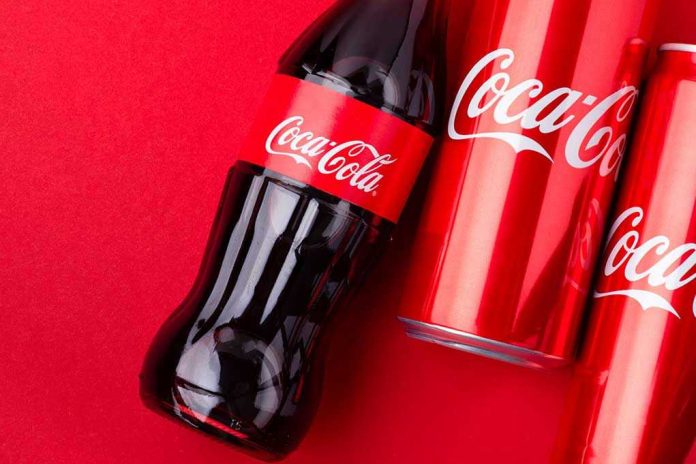
Costco’s return to Coca-Cola in its food courts has set off a viral debate, igniting a fierce response from members who see the move as a victory for brand loyalty and a stand against corporate trend-chasing.
Story Snapshot
- Costco finalized its switch from Pepsi to Coca-Cola in food courts by August 2025, reversing its 2013 decision driven by cost concerns.
- The change sparked intense reactions on social media, highlighting deep-rooted brand loyalties and nostalgia among members.
- Costco’s leadership cited member feedback and food court tradition as driving factors in the decision to bring back Coke.
- The move underscores the influence of consumer voices in shaping retail decisions, amid broader debates over cultural values and corporate identity.
Costco’s Food Court Tradition Reshaped
Costco’s food court has long stood as a symbol of value and consistency, with its famous $1.50 hot dog and soda combo unchanged since the 1980s. In 2013, the company controversially switched from Coca-Cola to Pepsi products, citing the need to keep prices low for its members. The decision drew mixed reactions at the time, as many loyal customers lamented the loss of an American classic in favor of a cost-saving move. For over a decade, this change remained a point of contention among the membership base.
By early 2025, growing member sentiment and vocal feedback had become impossible for Costco’s leadership to ignore. CEO Ron Vachris announced in January that the food court would return to Coca-Cola products by summer, signaling a renewed focus on customer satisfaction and brand tradition. The rollout began in July and was completed in August, with the switch becoming a trending topic across social media platforms. Members celebrated the nostalgic return of Coke, while others expressed disappointment over the loss of Pepsi, making clear the emotional stakes tied to even simple menu changes.
The Cultural Weight of Coke vs. Pepsi
The rivalry between Coca-Cola and Pepsi runs deep in American culture, symbolizing broader consumer identities and brand allegiances. Experts, including psychotherapist Jonathan Alpert, likened the Coke vs. Pepsi debate to storied rivalries such as Yankees vs. Red Sox, emphasizing how these choices reflect personal history and generational ties. Costco’s decision tapped into this cultural divide, inviting heated debate and reinforcing the food court’s status as more than just a place to grab a cheap meal—it’s a touchstone for shared values and consumer nostalgia.
Social media platforms erupted as members voiced both enthusiasm and frustration. Some celebrated the return of a “classic American experience,” seeing it as a restoration of tradition and a rejection of unnecessary change. Others, loyal to Pepsi, felt marginalized by the decision and called for options that accommodate diverse tastes. The widespread online reaction illustrated how even routine business decisions can become flashpoints for larger cultural conversations, especially in a climate where consumers are increasingly wary of corporations disregarding their preferences.
Business Implications and Member Power
Costco’s switch back to Coca-Cola carries significant economic and strategic implications. For Coca-Cola, regaining a major retail partner means increased distribution and visibility, while PepsiCo faces the loss of a valuable sales channel. Costco’s leadership cited the importance of maintaining the food court’s popularity and responding to member feedback as key motivators for the switch. This decision reflects a broader trend in retail: companies are increasingly responsive to vocal consumer bases, especially when brand loyalty and tradition are at stake.
The event also highlights the role of ancillary businesses, like the food court, in driving foot traffic and reinforcing company identity. While the switch itself may not directly impact constitutional or conservative values, it serves as a reminder of the power of grassroots member engagement in influencing major business decisions. In an era where many feel frustrated by unresponsive institutions and top-down policies, Costco’s move stands out as a case where member voices were heard and acted upon.
Looking ahead, the long-term effects of the beverage switch may shape how other retailers approach supplier contracts and customer relations. The clear message for executives across industries: ignore core members at your peril. While the financial specifics of the new Coca-Cola deal remain undisclosed, the viral response affirms that cultural identity and tradition can outweigh short-term cost considerations—especially in an environment where consumers are eager to push back against perceived overreach and out-of-touch corporate decisions.
Sources:
Costco food court chatter suggests soda switch coming in 2025: Some ‘super happy’
Costco’s Pepsi-to-Coke switch goes viral as members sound off







